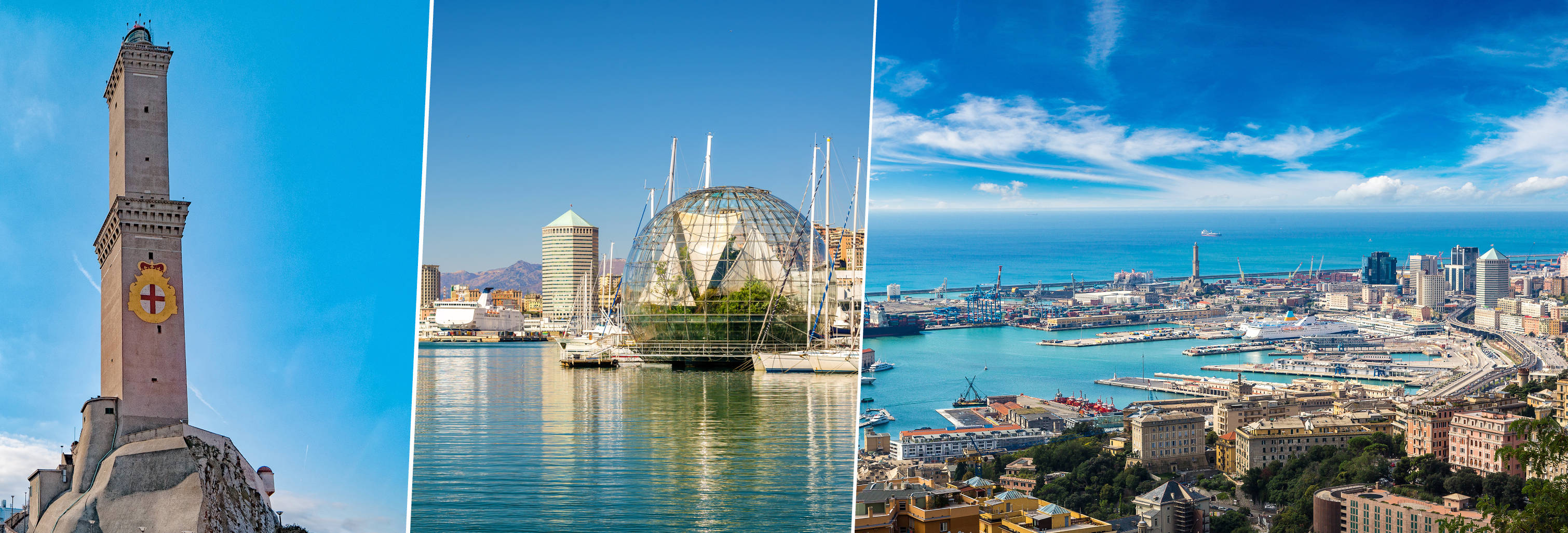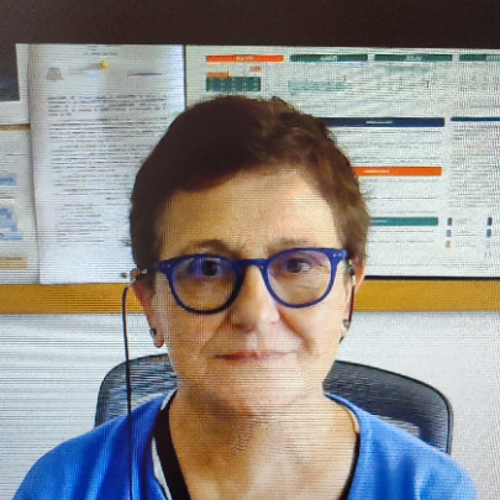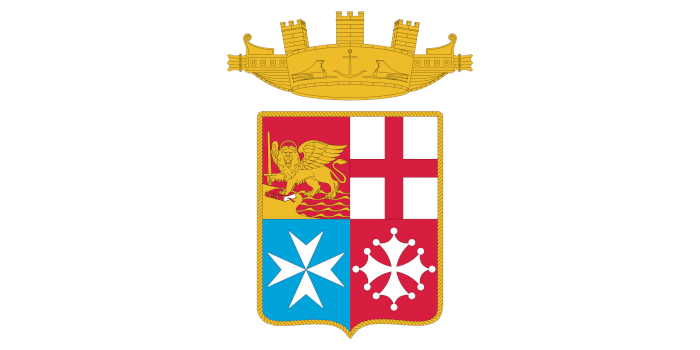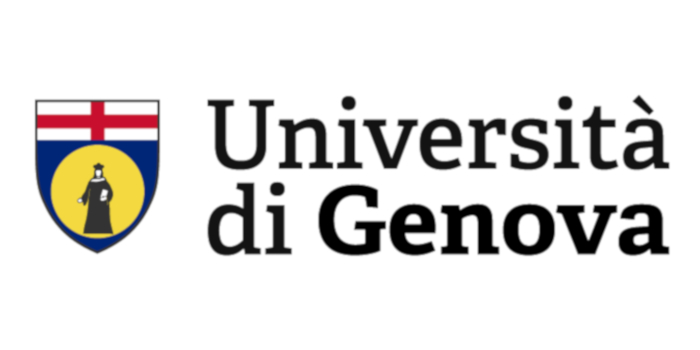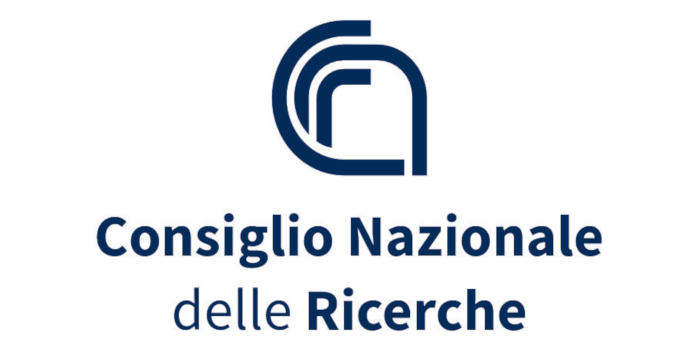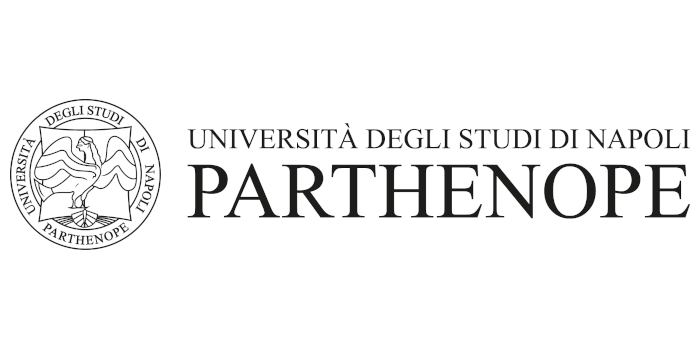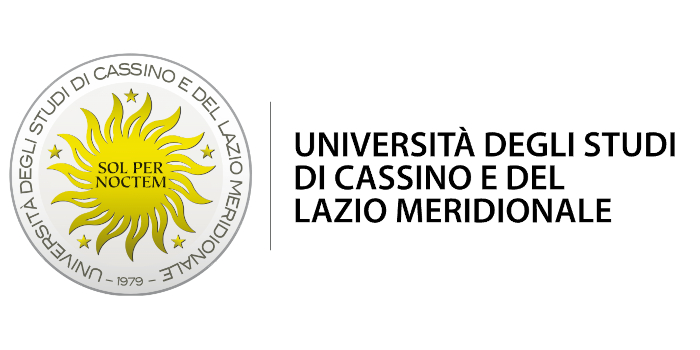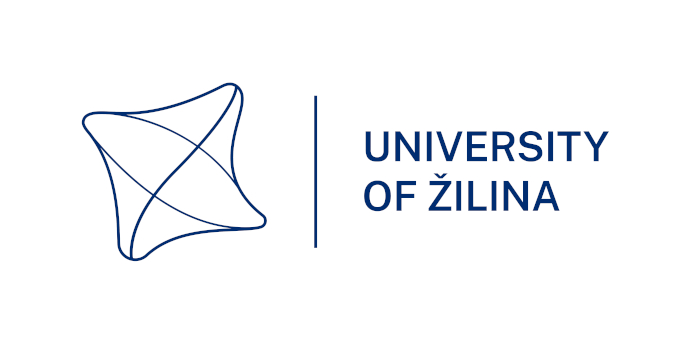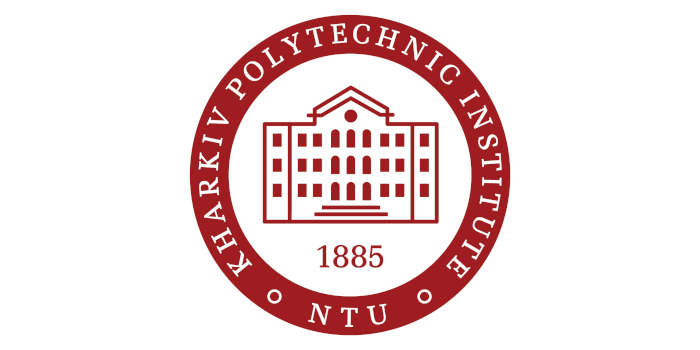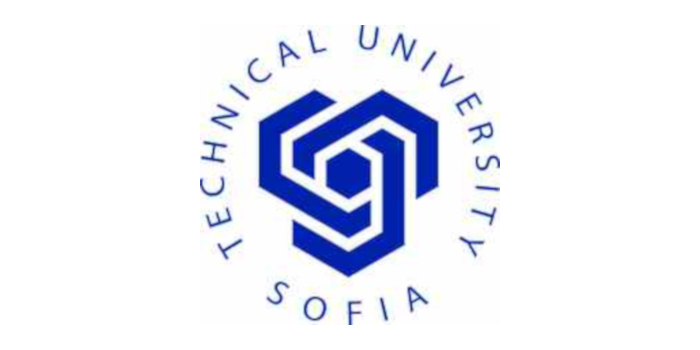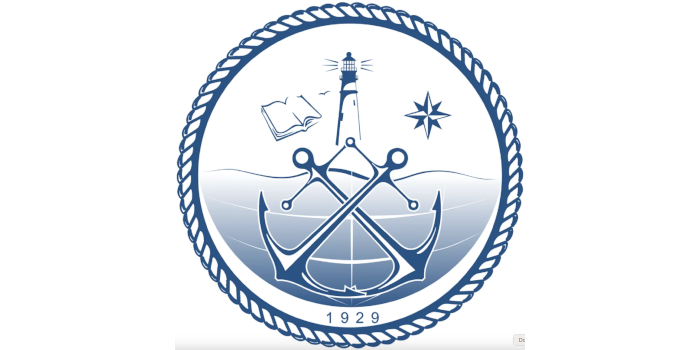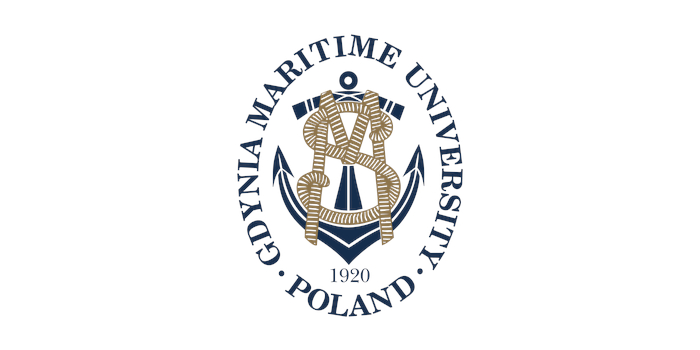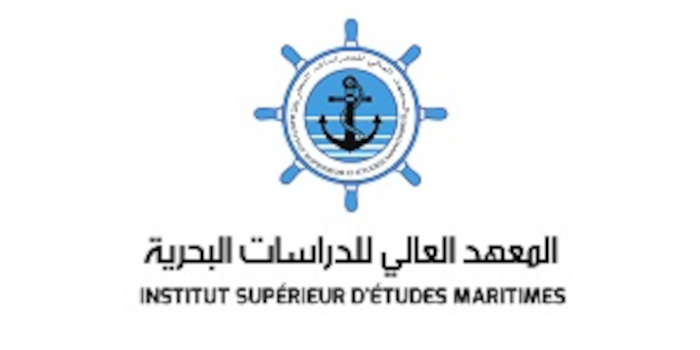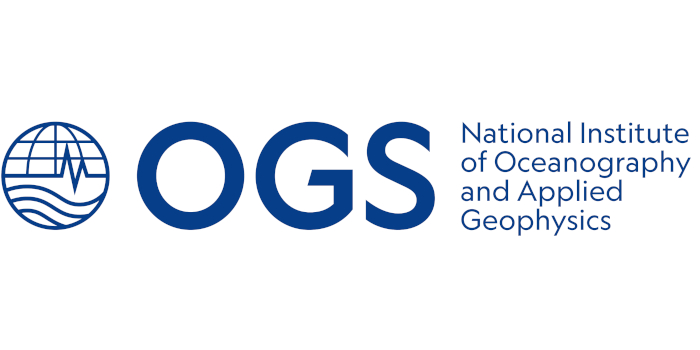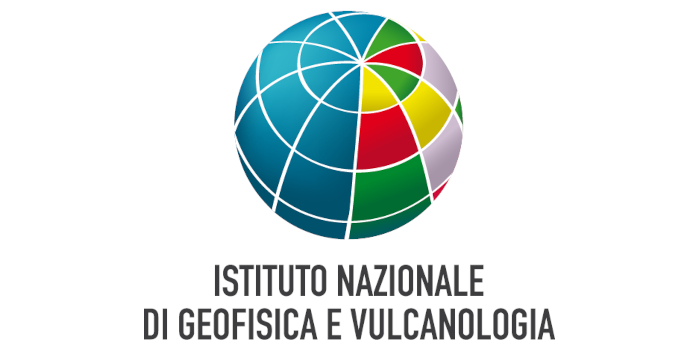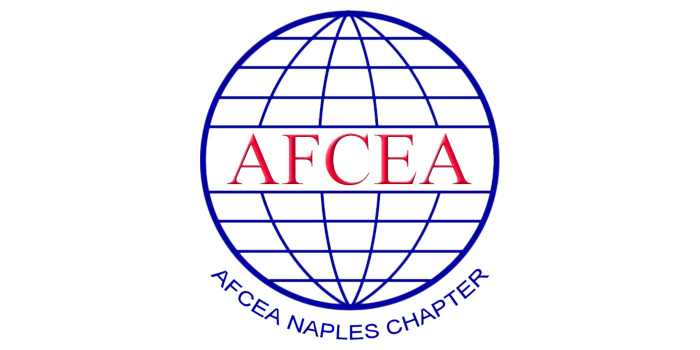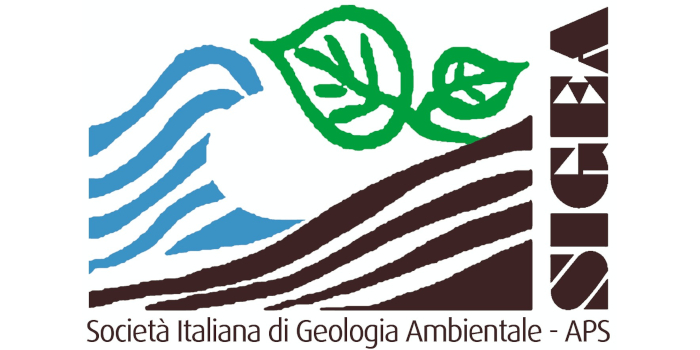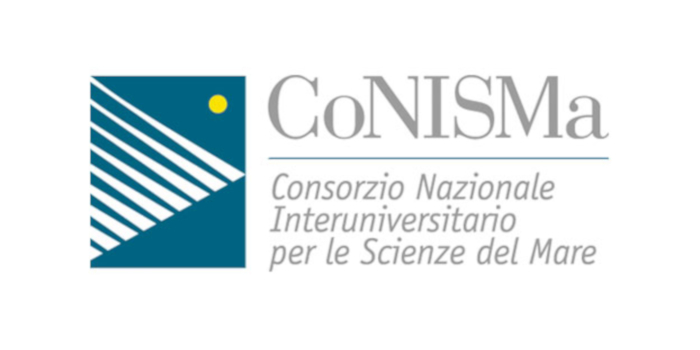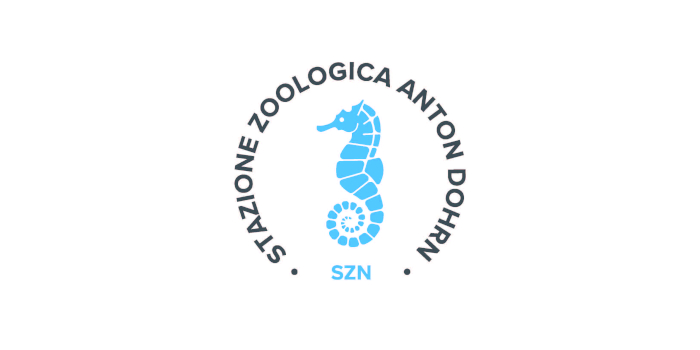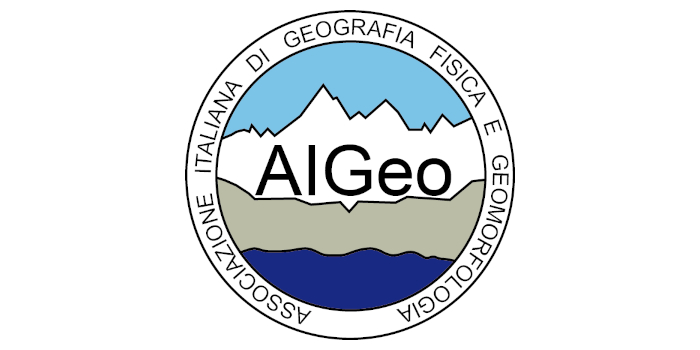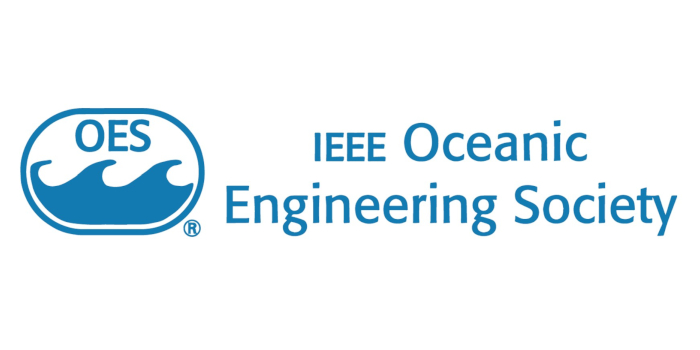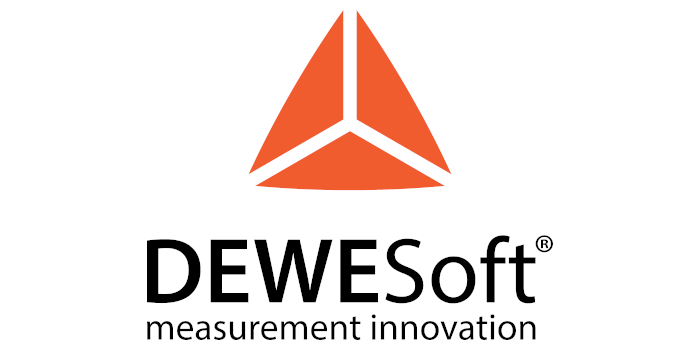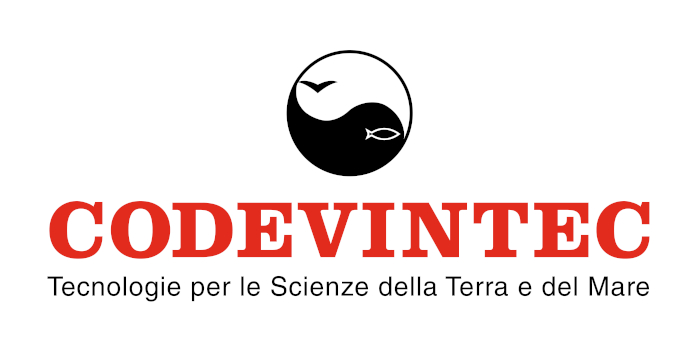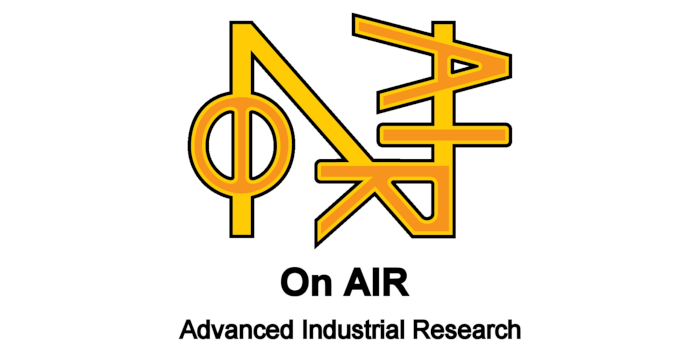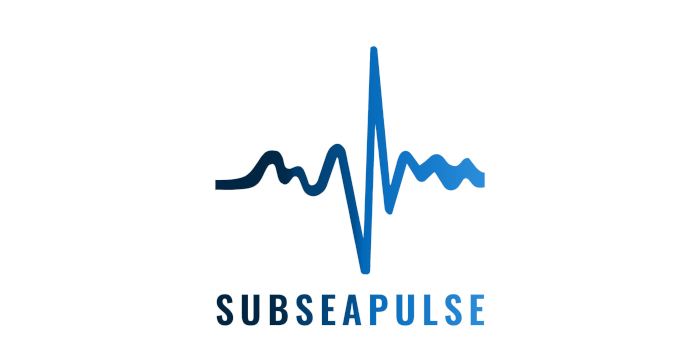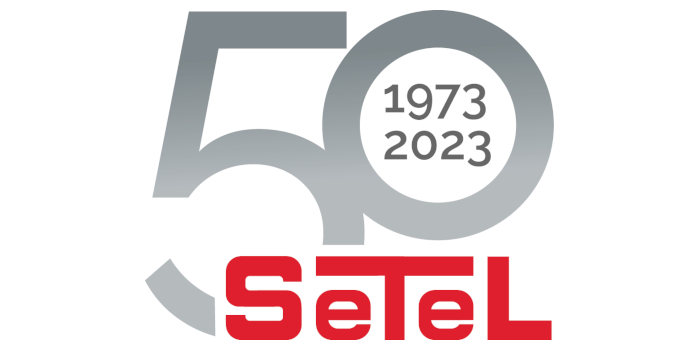KEYNOTE
NAOS: Manoeuvring Support System for the Prevention of Ship Collisions
María de los Reyes Poo Argüelles
University of Oviedo, Spain
ABSTRACT
Maritime transport handles more than 80% of the volume of goods traded worldwide. Collisions between vessels are among the greatest risks in maritime transport and often have the most severe consequences. Human error is one of the main contributing factors: failures in supervision (such as inadequate lookout or delayed evasive action), misinterpretation of the International Regulations for Preventing Collisions at Sea (COLREGs), and lack of communication between the vessels involved.
Decision support systems/collision avoidance (DSS/CAS) aimed at preventing and avoiding such accidents should become essential equipment on all vessels. Above all, their adaptation and integration into Maritime Autonomous Surface Ships (MASS) will be crucial. The IMO will require that the DSS/CAS used in MASS be as effective as human Officers in charge Of the Navigational Watch (OONWs).
With the aim or reducing the mentioned human contributing factors in the collision risk, a software application has been implemented. This application, connected to the ship's Automatic Identification System (AIS), presents both received and calculated data for all nearby vessels. It provides the OONW with an intuitive visualization of the current risk situation, assisting in the selection of the most appropriate manoeuvres in accordance with COLREGs to resolve all potential risk scenarios.
The presentation will outline with several examples the foundation and applicability of this software, and will discuss the capabilities that can be added, as well as the planned adaptations for different types of vessels and operational environments.
It will show the tools currently available to the OONW for supporting watchkeeping and manoeuvring during navigation, and the contributions that the proposed system offers in this context.
Particular attention will be given to the common shortcomings in COLREG compliance that most publications on collision avoidance systems still exhibit, and how these issues are addressed in the application. The transition from being a decision-support tool for the OONW to becoming an integral part of an autonomous navigation system will also be explored.
SPEAKER BIOGRAPHY
Dr. Reyes Poo Argüelles is an Associate Professor at the University of Oviedo, where she has been a faculty member in the Department of Electrical, Electronic, Communications and Systems Engineering since 1988. Throughout her academic career, she has taught control-related subjects at the undergraduate level in the School of Maritime Studies and has also been involved in graduate education, within the Master’s Degree in Automation and Industrial Computing. In this program, she teaches a course on advanced automation systems, with a specific focus on safety in plant and process automation.
Her research expertise lies in the field of automation, with a particular emphasis on maritime safety and the development of collision avoidance algorithms and technologies. She has authored and co-authored several peer-reviewed publications on the specification of safety functions in navigational systems, the use of finite state machines in inter-ship communication, and the integration of COLREGs into collision avoidance algorithms.
Dr. Poo Argüelles is also active in international collaboration, notably through her involvement with the EduNet International Education Network and the EduNet World Association. She was a partner member in the Erasmus+ project Education & Training for Automation 4.0 in Thailand (ETAT) (2020–2023), which aimed to enhance industrial automation training and education in Southeast Asia.

